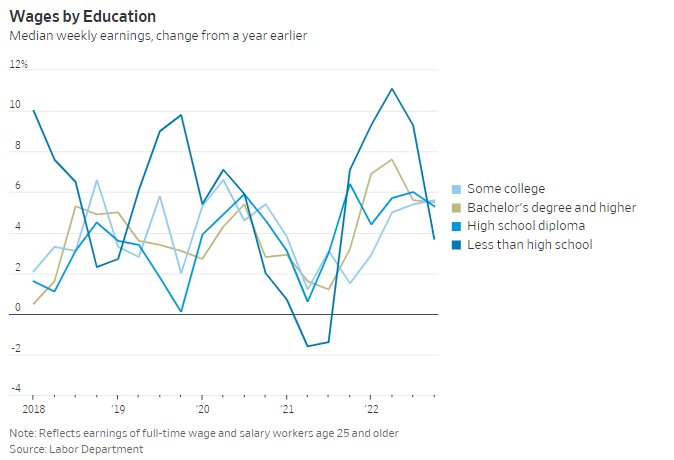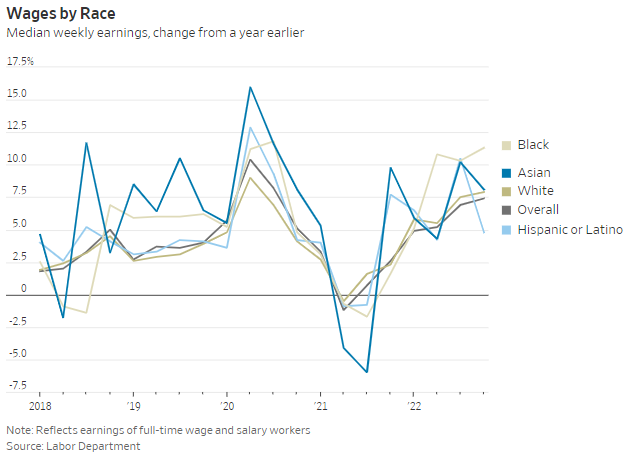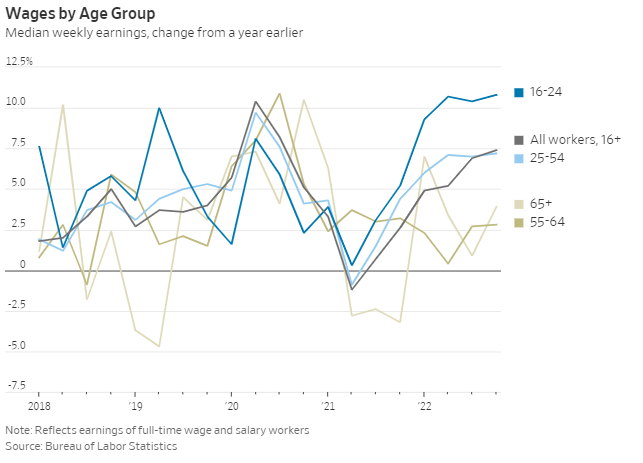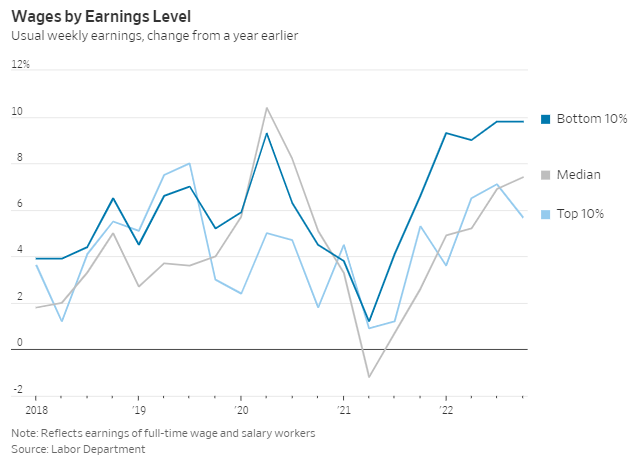My accountant emailed me back to confirm that the conversion deadline for the 2022 tax year was Dec 30. Don’t know what to believe anymore as I keep hearing different things.
Maybe he just doesn’t want to do the paperwork?
My accountant emailed me back to confirm that the conversion deadline for the 2022 tax year was Dec 30. Don’t know what to believe anymore as I keep hearing different things.
Maybe he just doesn’t want to do the paperwork?
He is correct, I think.
What everyone is telling you is that you can still convert in 2023. Of course, that will be for the 2023 tax year. However, for most people the year in which they do the conversion isn’t particularly important. That’s why they are saying “You can just do it now”. Because for most people it doesn’t make a difference when you do it.
But a minority of people (sounds like you are one of them) have a multi-year strategy that involves structuring conversions such that you do a certain amount every year to minimize overall tax burden. If that was you plan, then I do think you lost a year.
Yes, this exactly. I’ve been converting the max allowable according to my accountant for the past few years, as I have a unique (?) situation that allows me to do this.
My goal is to have my entire SEP-IRA converted over by retirement. Fortunately I still have a few years to go and I think I can get most if not all converted, but each tax year matters and I’m kicking myself for allowing 2022 to slip by.
Why does it matter whether a Roth conversion with post-tax dollars is recognized in 2022 or 2023? There is no annual limit to the number of times or amount of a Roth conversion in any calendar year.
This is creating confusion for me as the term ‘backdoor’ implies post-tax dollars, so why wouldn’t you just convert the entire SEP all in one go? It sounds like you are just talking about a regular old pre-tax IRA to Roth conversion, in which case, ok, but the term backdoor is not applicable.
Also, there is no cap on the amount of money that can be converted from a trad to Roth IRA. You can do $100 million if you want.
I’m just as confused as you are. And it’s why I employ an accountant. Melkerson seems to be the one to ask, not me.
Yes, as long as I strike the word ‘backdoor’ from your post then all makes sense.
I’m pretty sure you are correct. I think somewhere upthread I established that he wasn’t using the word backdoor the same way I do. I wasn’t 100% sure there weren’t other usages of it. However, what he is describing doesn’t sound like a ‘backdoor’ Roth of any kind that I am familiar with. Just sounds like a conversion.
For whatever my advice is worth… it is rare that it would be ideal to use a SEP IRA to shield big $ from taxation only to then turn around and convert a substantial amount (all?) to Roth and pay tax on it. Most likely you’ll end up with less money that way unless you are in an unusual circumstance where your retirement income is greater than your current income.
Yeah, apparently I was using the term “backdoor” incorrectly.
The amount I’m converting each year from SEP to ROTH is the amount I am able to without incurring any tax burden, according to my accountant. Again, I don’t know the details of this. Just trusting my accountant and haven’t had any issues over the past several years.
One thing to keep in mind is that Ikioi lives overseas so he get a massive overseas income exclusion on stuff he earns outside the US. So when you throw that into the mix, I think there would probably be a way he could do at least some of the Roth conversion for zero tax. I don’t know enough about his situation (or taxes) to be sure about that, though.
Yes, that makes sense. I assume the strategy is to do Roth conversion up to the ~$115k foreign earned income exclusion, which is a legit free lunch in most cases.




Oh, the horror!…
How many people are out there trying to get into ivy league schools so that they too can one day get free snacks and coffee at a tech company.
https://www.nbcnews.com/tech/techtok-layoff-day-in-the-life-videos-rcna67669
Apologies or the dumb question, but it’s tax season. Have a taxable brokerage account at Fidelity for “surplus” investments after maxing out 401k/Roth type tax-advantaged accounts. It is currently invested in FSKAX (Fidelity Total Market Index Fund), and it turns out that generated taxable dividends.
I guess I’m kind of surprised to see that, so I’m guessing that I probably want that in a different fund that doesn’t generate dividends? Looking for a cheap total market index, and I’m assuming we must have picked the wrong one. Or maybe all of these instruments produce some amount of dividends and I’ve just never noticed it since I never had a taxable account?
BRK.B?
Most index funds throw off like 2% a year, which to me isn’t worth worrying about. There are of course funds designed to have no tax liability but you’re sacrificing diversity to achieve that. Also if you reinvest dividends you get a higher basis on the reinvestments.
I’m pretty sure index funds are required to pass on any dividends they receive. Otherwise it would allow people to convert dividend income to capital gains if the index fund held them and it just increased the value of the fund. Now some funds will automatically reinvest dividends rather than pay them out, but you’ll still be taxed on the dividends.
So if you want an index fund that doesn’t generate dividends, you’ll need one that doesn’t hold dividend stocks.
If a security held by the fund makes a dividend or interest distribution, the fund must pass that distribution on to its shareholders. Mutual funds pass on these dividends because, quite simply, they’re required to in order to avoid taxation.
There are some products in the market (at least in Canada) that try to work around this by holding only derivatives that track the movement of the index (including dividends). The gains and losses on the derivatives are capital gains and losses, even if the change in the value of the derivative is attributable to dividends within the index.